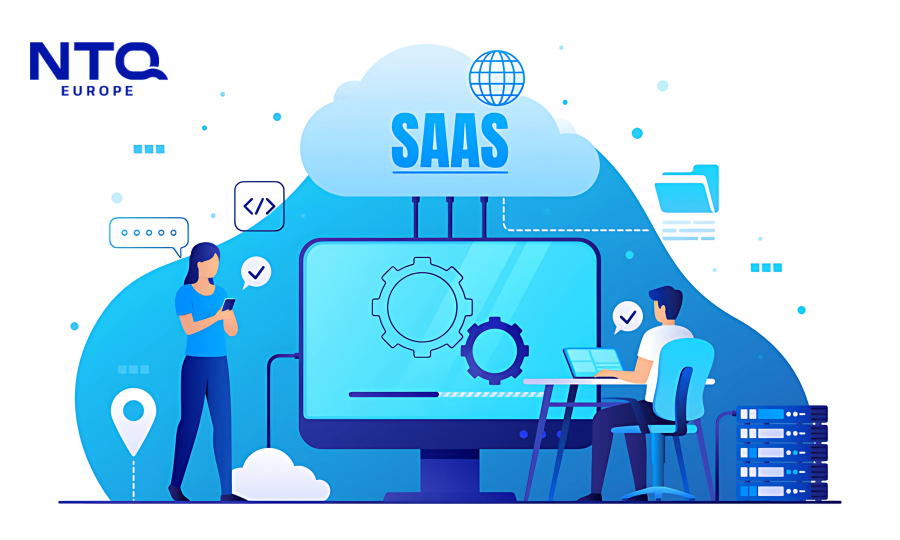Why Scaling in Europe Comes with Hidden Costs
Scalability challenges in European E-commerce have become a defining hurdle for digital retailers, often surfacing just when growth seems within reach.
If you’re running an E-commerce business in Europe, you already know that no two markets are quite the same. What resonates with customers in Germany might fall flat in Spain. Some countries demand invoice-based payments, while others want instant mobile wallets. And then there’s the legal stuff (privacy laws, tax codes, return policies) that shifts from border to border.

Scalability challenges in European E-commerce have become a defining hurdle for digital retailers
This diversity makes the region exciting but incredibly tricky to scale into. Expanding isn’t just translating your site or turning on international shipping. It’s about adapting deeply and consistently. Without the right systems, that kind of adaptation wears thin teams.
When the Tech That Got You Here Can’t Take You Further
Plenty of online stores start with off-the-shelf platforms or homegrown solutions. They’re great at first: quick to launch, easy to manage, and affordable. But as your business grows, so do the cracks.
Suddenly, your pages are taking forever to load. Your checkout doesn’t work during peak traffic. Whenever you want to integrate a new payment option or CRM, it becomes a developer headache. You’re constantly asking your tech to do things it was never built for.

When the Tech That Got You Here Can’t Take You Further
Eventually, you hit a wall, not because your product isn’t good or people don’t want it, but because the very thing that used to support your business is now holding it back.
Operations That Can’t Keep Up with Ambition
Behind every product page and checkout button lies a much messier world: fulfillment, shipping, returns, and customer service. Even the most minor operational hiccups get magnified when your order volume triples.
Your warehouse software doesn’t sync in real-time, so you’re accidentally selling out-of-stock items. Your return process may still be partly manual, so refunds take weeks. Or your support team may be buried under emails and chats, trying to keep up.
These aren’t dramatic failures, but they add up. Customers don’t wait around for businesses to “figure it out.” If you can’t deliver quickly and reliably, they move on.
Without the right structure in place, scalability in European E-commerce often breaks down at the operational level before anyone notices it in the numbers.
Teams Get Stretched to Their Limits
Even with the best systems, people still scale businesses. And here’s the thing: most internal teams aren’t ready for sudden growth.
Your developers are busy keeping things running, your product leads are juggling five projects, and your marketing team barely has time to localize campaigns properly, let alone build new ones for new markets.
Hiring? That’s easier said than done, especially if you need cross-functional talent understanding tech and E-commerce. The result is a team doing their best, but constantly playing catch-up. That’s when mistakes happen. That’s when momentum fades.
Timing Is Everything and It’s Easy to Get Wrong
There’s a fine line between scaling too soon and scaling too late.
Grow too fast, and you risk pouring money into infrastructure, headcount, or market launches before your processes are stable. Wait too long, and more agile competitors get ahead while you’re still debating your next step.
And let’s be honest, sometimes the pressure to scale doesn’t even come from inside. It comes from investors, industry hype, or your desire to prove you’ve “made it.” But growth for the sake of growth rarely works out well.

scalability in European E-commerce often breaks down at the operational level before anyone notices it in the numbers
So What Does Smart Scaling Look Like?
The businesses that scale well are rarely the ones shouting the loudest. They’re the ones building quietly, deliberately. They invest early in systems that don’t just work but flex. They automate the boring stuff so teams can focus on the essentials. They plan expansions like experiments, not rollouts.
And most importantly, they know when to pause. When should you fix the foundation before adding another floor?
At NTQ Europe, we’ve worked with companies at that exact tipping point, where growth is within reach, but complexity starts creeping in. We’ve seen how quickly scaling can turn from exciting to exhausting, and how the right tech and structure can shift the trajectory. If you’re thinking about your next growth move (or struggling with one already in motion), we’re here to talk, not sell.
Let’s scale something that strengthens your business, not stretch it.



















